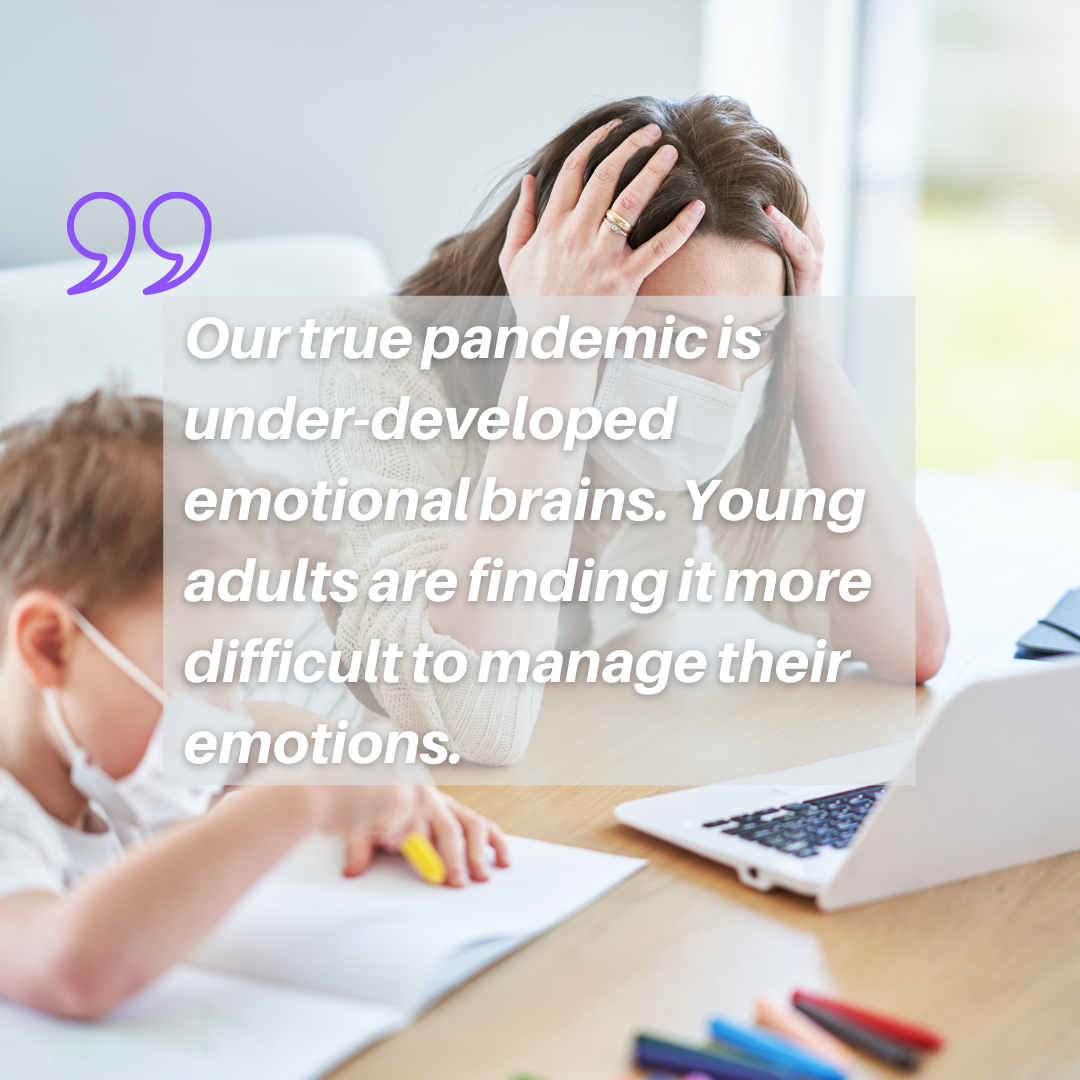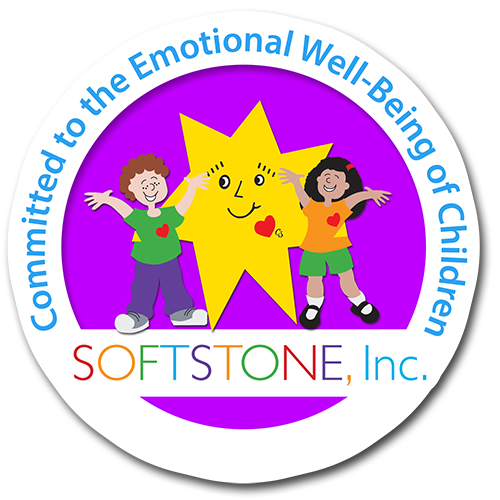Today I want to talk about one of the most important things we can do as a parent or teacher, which is, helping children manage emotions. Emotional intelligence is the ability to understand your emotions and manage them and Emotional intelligence skills are not present at birth. Young children’s emotions emerge raw and undeveloped and they need help to learn how to manage their emotions. As well as that, children’s emotional brains are growing the fastest from birth to six. Research now tells us that teaching these skills at this time is the optimum time frame. It critically enhances a child’s success both academically and personally. Eighty-percent of human success relates to establishing human interaction, appropriate social and emotional learning (EQ).
Therefore, adults parenting or teaching children must understand that these skills override the academic learning of reading and math. Our left brain used for academics lacks the ability to manage the critical and intuitive thinking needed for reading and math. Thus, our right brain ( or our emotional brain) responsible for those skills requires development and it take practice. Also for success, emotions need to be understood and managed. Emotions guide our words and our actions. What we feel generates our performance.
Social and Emotional Learning
The book, “All I Need To Know I Learned in Kindergarten“, published in 1989 established the importance of Social and Emotional Learning (SEL) as part of early childhood development. SEL has become the biggest challenge for early childhood educators, daycare centers, and elementary public school settings. Project ACHIEVE’S Multitiered, Evidence-Based Road to Success conducted a study in 2018. The study found that 50% of the principals interviewed expressed their highest concern to be student’s social, emotional, and behavioral challenges. Also, the National Association for the Education of Young Children (NAEYC) is continuously looking for consultants to help address challenging behavior in early childhood classrooms. National Statistics show us parenting in the era of continuous technology is interfering with social and emotional development in the family setting.

The Pandemic Reveals Lack of SEL/Emotional Intelligence
It has become quite evident that we have a nation lacking the social and emotional skills necessary to meet this unique challenge. We have resisted all the studies and research. Undoubtedly, the evidence is blatant. Our true pandemic is under-developed emotional brains. Young adults are finding it more difficult to manage their emotions. Fear and outrage have replaced the ability to make Informed decisions. Thus, actions are replaced with irrational behaviors. A pandemic requires the emotional capabilities where the decisions you make include the well-being of not only you but also the community in which you live.
Our Children Enduring This Crisis
Children enduring this crisis must acquire the emotional intelligence skills that sustains their emotional well-being. Emotional intelligence is 80% the reason we are successful. Sadly, they are experiencing new emotions of fear, anxiety, sadness, and impatience. Can’t you see why helping children manage emotions is so critical to their development? They deserve to have the skills to be able to address these emotions. This allows their developing emotional brains to not become overwhelmed by them. To conclude, all emotions are necessary and human even the difficult ones. However, these emotions require understanding, management and co-exist with the children’s emotions that enhance their emotional well-being and ensure their success.
Let’s Raise a New Generation of Emotional Intelligent Children!
EQ for Children Website | Visit My YouTube Channel


